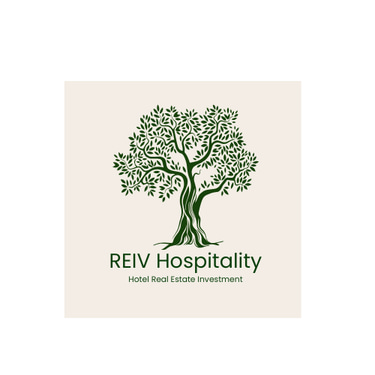Hotel Business Analytics
Transforming Hotel Asset Management: The Role of Business Analytics
Mehdi Sayyou
6/28/20242 min temps de lecture


Hotel asset management has experienced significant changes in recent years, becoming a global movement. In this highly competitive landscape, the role of hotel asset managers with a business background has become more important than ever. Their evolving responsibilities and strategies are shaping the future of the hospitality industry in this dynamic market, with business analytics emerging as a cornerstone of this transformation.
Traditionally, hotel asset management focused primarily on profit margins and cost control. However, the industry has shifted towards a more holistic approach known as total revenue management (TRM). Modern asset management now requires a business mindset that integrates strategies to boost revenues across the board, with business analytics playing a crucial role in this process.
A business savvy asset manager, equipped with robust business analytics skills, brings immense value to both owners and management companies. Their role is crucial in navigating the complexities of the hospitality market, particularly in the luxury hotel. By focusing on TRM and leveraging data analytics, asset managers ensure that all revenue streams are maximized, not just room rates as was traditionally the case. This new approach includes optimizing food and beverage outlets, spa services, and other income streams such as event spaces.
Furthermore, when asset managers have a solid understanding of how a hotel operates, coupled with insights gained from business analytics, they can implement strategies to cut costs without sacrificing the guest experience. They maintain high service standards while also enhancing profitability. In a market where luxury experiences are paramount, asset managers must make smart, data-driven investments across different departments, from sales and marketing to PR and more. For example, they must decide whether attending expensive trade events is worth the investment or if creating unique and cost-effective experiences for top partners and guests would yield better returns.
Constantly asking questions like "How to stack up against the competition?" and "What sets us apart and unique?" allows asset managers to develop creative strategies that protect and enhance the hotel's brand, especially during tough economic times. Business analytics provides the necessary insights to answer these questions effectively and to anticipate market trends and shifts.
Embracing digital transformation is another critical factor in improving the guest experience. Asset managers need to understand and implement the latest technologies, from advanced booking platforms to AI-powered personalized guest services. Business analytics can drive these technological adoptions by offering insights into guest preferences and behaviors, enabling a more tailored and satisfying experience. Additionally, with sustainability gaining global attention, integrating robust corporate social responsibility (CSR) programs can differentiate hotels in the market. Business analytics helps in tracking and reporting the impact of these initiatives, making them more effective and marketable.
Future-proofing assets against economic downturns and market fluctuations is also a central aspect of modern asset management. This involves developing contingency plans and flexible operational models that can quickly adapt to changing market conditions. By leveraging business analytics, asset managers can forecast potential risks and develop strategies to mitigate them, ensuring long-term success.
The shift towards TRM, the necessity for business acumen asset managers, and the adoption of innovative, data-driven strategies are essential for navigating the competitive market.
Nos Services
© 2025. All rights reserved.


